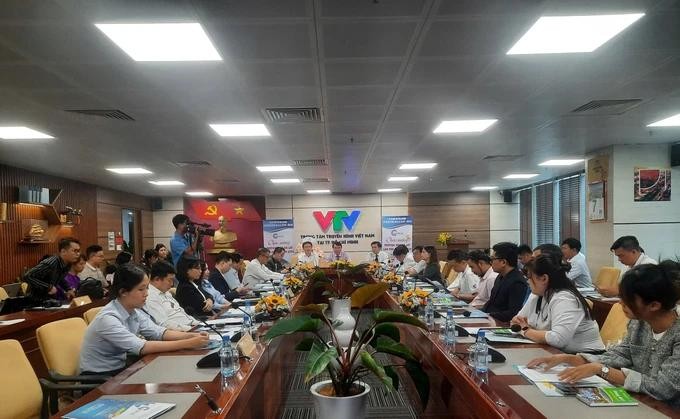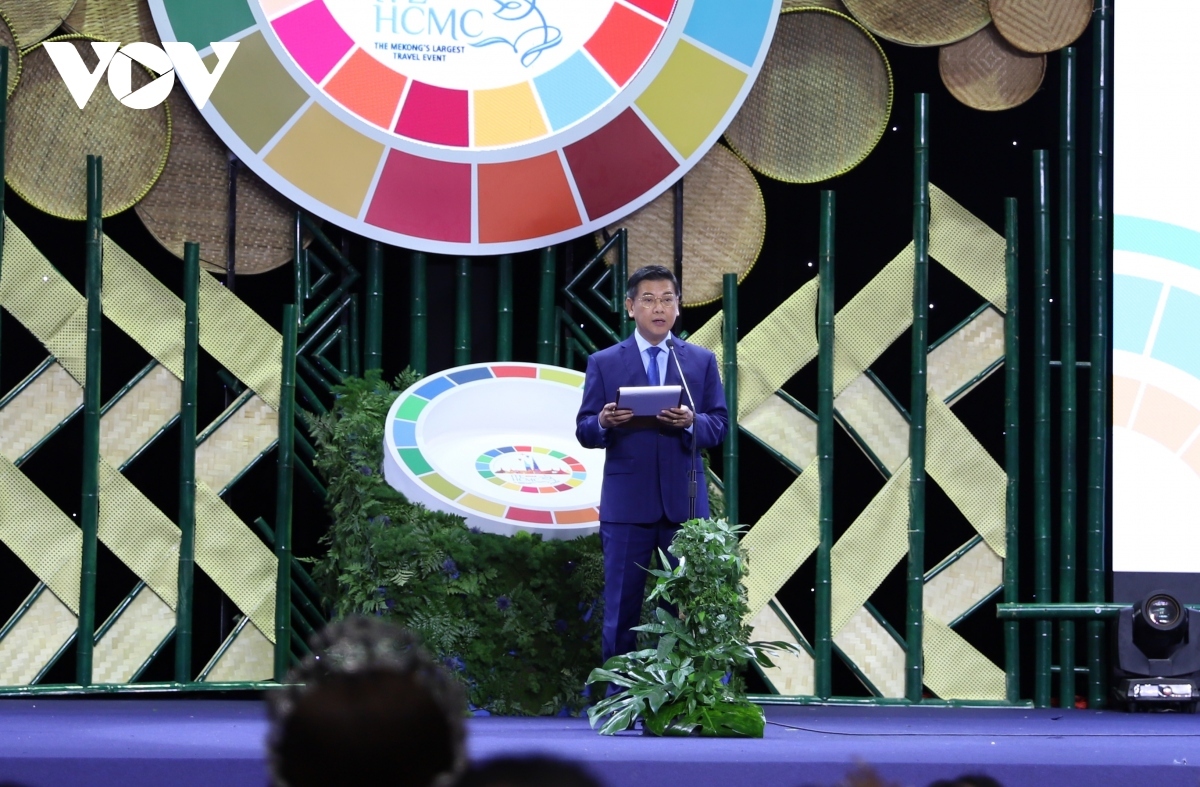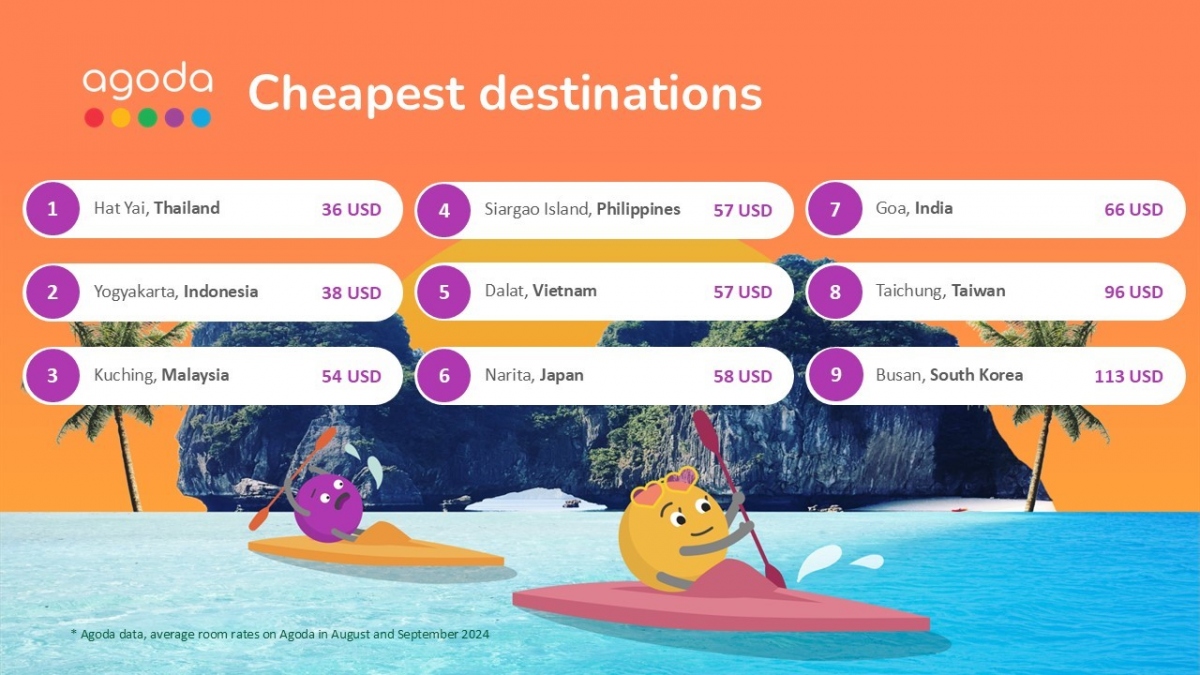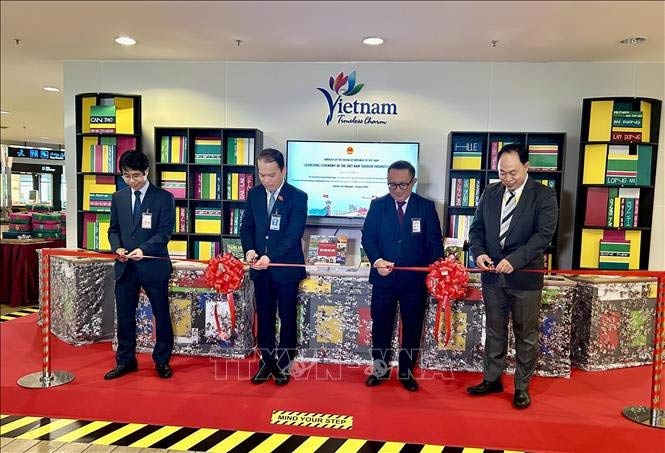The Vietnam Investment Forum highlighting the topic of digital and green transformation was recently held in London in a bid to promote foreign investment, particularly from the UK in Vietnam following its reopening after the COVID-19 pandemic.

The event was part of the Vietnam Days in the UK 2022 organised the Vietnamese Embassy in the UK, in collaboration with various organisations and enterprises from both nations.
Participants at the forum were updated about the nation’s economic situation, as well as investment and trade opportunities following the enforcement of the UK-Vietnam Free Trade Agreement (UKVFTA), which officially took effect from May, 2021.
Regarding Vietnamese potential for digital transformation development, one of the main topics of the forum, Deputy Minister of Industry and Trade Tran Quoc Khanh said that the country is destined to witness fast digital transformation over the next five to 10 years.
This comes after the nation has rapidly and strongly implemented many important digital transformation contents, including the Government's promulgation of a legal framework to carry out digital transformation, thereby helping to transform all transactions in the digital environment.
He affirmed that along with the boom in online payments with the participation of many fintech firms over recent years, the country remains confident of achieving its goal of digital transformation in a substantive manner in the near future.
Referring to the importance of digital transformation, UK Parliamentary Secretary of the Cabinet Office Heather Wheeler stated that creating and providing effective digital services is now more important than ever amid countries globally boosting post-pandemic recovery. This increase in trade exchanges will mean making joint efforts to cope with the impact of climate change.
She expressed her hope that both sides will strive to strengthen digital co-operation and will reap plenty of achievements in this field moving forward.
Truong Gia Binh, chairman and CEO of FPT Corporation, highlighted Vietnam as a potential market for digital technology development as it boasts many advantages. He pointed out that the nation ranks 10th in the world in terms of technology training and has an abundant information and communication technology (ICT) human resources, with more than one million employees, with this figure expanding by 80,000 people every year.
The nation also has a high rate of internet users, up to 70%, while the proportion of smartphone users in the country ranks second in the world after China. According to Binh, the Vietnamese ICT industry is growing by 17% per year, reaching a value of US$125 billion by 2021.
Furthermore, Vietnam also ranks second in the world in terms of exporting mobile phones and sixth in software services, with a growth rate of 25% per year even during the COVID-19 pandemic. In addition, the Vietnamese Government has also shown a strong commitment to digital transformation from central to local levels.
Regarding the development potential of Vietnamese green and sustainable energy sources, another important topic at the forum, Deputy Minister Khanh emphasised that Vietnam's climate and topography make renewable energy, especially as wind and solar power opens up increasingly attractive investment prospects.
According to the World Bank (WB), the nation currently has the most comprehensive installed solar power capacity in Southeast Asia, with 16,500 MW produced in 2020. The country was also among the top 10 for having the highest installed solar capacity globally in 2020.
Deputy Minister Khanh affirmed that, with great potential for renewable energy and the orientation and determination by concrete actions of the Vietnamese Government to boost digital transformation and sustainable development, now is the right time for UK firms to learn and enhance investment and business activities in Vietnam.
He emphasised that the UK can become a leading investor in the Vietnamese market, particularly through projects on digital transformation and the development of green and clean energy, both which are becoming increasingly important and have strategic influence for the development of countries globally.
Ben Backwell, CEO of the Global Wind Energy Council (GWEC), agreed that the potential for co-operation in wind power development between Vietnam and the UK is still very large, especially with Vietnam setting ambitious goals to neutralise emissions.
He pointed out that while the country features large resources in offshore wind energy, the UK has vast experience in this field and can transfer technology to Vietnam for the purpose of further offshore wind power development. In addition, the two sides can co-operate in electricity network management, an area in which the UK has several strengths in.
Evaluating the Vietnamese investment environment, Dominic Scriven, chairman of Dragon Capital, one of Vietnam’s leading investment firms, said that the country is a name that is currently capturing the attention of foreign investors in the global market. In the eyes of the international community in general and foreign investors in particular, the Vietnamese position in the region is higher than in the pre-COVID-19 period thanks to the impressive success of the COVID-19 vaccination programme launched by the Government.
Vietnamese competitiveness in recent years also increased thanks to political stability and the Government's consistent and open investment policy in the context of the world facing an array of geopolitical uncertainties.
Ian Gibbons, CEO of the UK-ASEAN Business (UKABC), also said that the Vietnamese Government has adopted the right policy of attracting foreign investment by creating an open and transparent business and investment environment.
In line with this, the Vietnamese and British governments have co-operated very well in a bid to promote trade and investment, he said, pointing out that British businesses investing in the Vietnamese market have received support from the two governments to expand operations in all fields. This ranges from sectors such as education, health care, and information technology services
Gibbons went on to express his confidence that UK investment in Vietnam will help the country to grow further because of this sustainable investment co-operation relationship.
According to Dominic James, head of Asia Pacific, Bilateral Trade Relations of the Department for International Trade (DIT), although trade between the country and the UK has grown rapidly in recent years, the two sides still have plenty of work to do to further propel trade and investment co-operation moving forward.
He said that the UK considers Vietnam to be an important partner in promoting trade liberalisation in the region, with the DIT working alongside partners in both the UK and Vietnam to organise events to help businesses gain deeper insights into the benefits of the UKVFTA and take full advantage of the opportunities it brings.
Amid the world economy going through a difficult and uncertain period due to the COVID-19 pandemic and geopolitical fluctuations, as a large open economy, Vietnam has passed through a highly challenging period.
However, thanks to the successful implementation of the largest vaccination campaign in its history, the nation managed to reopen its economy from the second half of 2021. Gross domestic product (GDP) grew positively in both 2020 and 2021 as this trend continues. With an economy of roughly US$400 billion, Vietnam ranks among the top 40 biggest economies in the world.
Most notably, the nation’s total import-export turnover reached close to US$670 billion in 2021, an increase of 22.6% compared to 2020 and roughly 29% compared to 2019, the time before the pandemic hit the nation.
According to Dragon Capital's forecast, Vietnamese GDP growth is likely to hit 7% in 2022 and 7.5% in 2025.
https://english.vov.vn/














